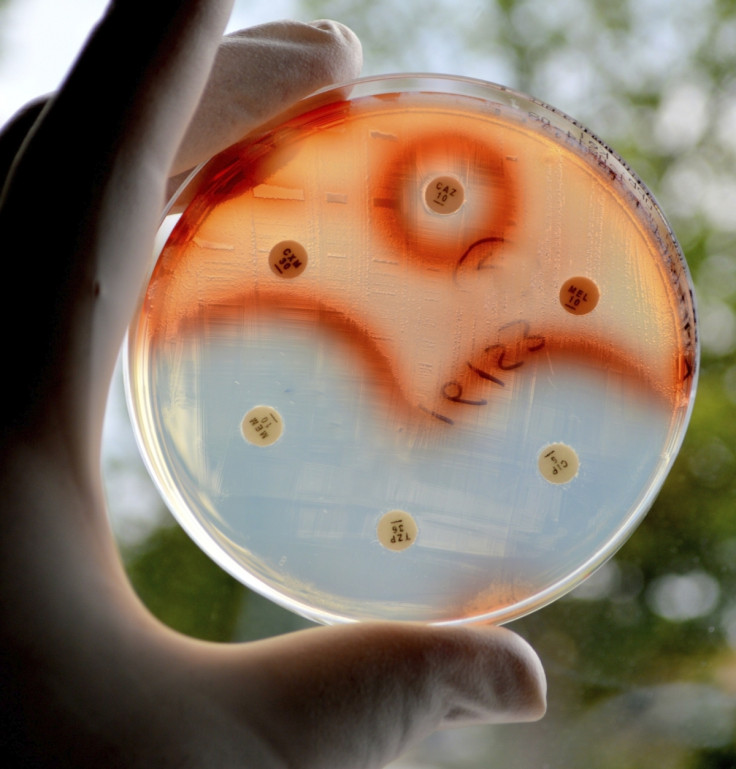Dolphins have developed human-like antibiotic resistance
The mammals have mirrored humans, according to the study.
The Antibiotic resistance crisis is not just impacting humans, but it has started impacting other species also. A new study has found that dolphins have mirrored the pill-popping issues of humans.
Researchers at the Florida Atlantic University have found that antibiotic resistance exists not only in humans but in dolphins also. The study tracked antibiotic resistance in bottlenose dolphins over a period of 13 years. The phenomenon was first reported in 2009 and it is not only present in dolphins in captivity, but more dangerously, even in those in the wild.
Samples were collected from wild bottlenose dolphins from the Indian River Lagoon in Florida. Upon testing and analysis, it was revealed that 88 percent of tested pathogens were resistant to one or more antibiotics. The dolphins were found to be having the most antibiotic resistance to E.Coli bacteria antibiotics. Another drug that was found to have resistance is erythromycin, which is used to treat a variety of diseases ranging from sexually transmitted diseases to acne.
"In 2009, we reported a high prevalence of antibiotic resistance in wild dolphins, which was unexpected. Since then, we have been tracking changes over time and have found a significant increase in antibiotic resistance in isolates from these animals. This trend mirrors reports from human health care settings. Based on our findings, it is likely that these isolates from dolphins originated from a source where antibiotics are regularly used, potentially entering the marine environment through human activities or discharges from terrestrial sources," Adam M. Schaefer, lead author of the research paper stated in a press release.
The fact that antibiotic resistance is being developed in other species is something that the world should take notice of because these species don't have access to the kind of medical infrastructure that humans do. If diseases in these species become resistant to antibiotics, it would mean that we could see diseases spread fast and when antibiotics are administered, they will kill off the good bacteria and leave the antibiotic-resistant bacteria. It could play a role in wiping out a species and should be given the kind of priority it deserves.

© Copyright IBTimes 2024. All rights reserved.





